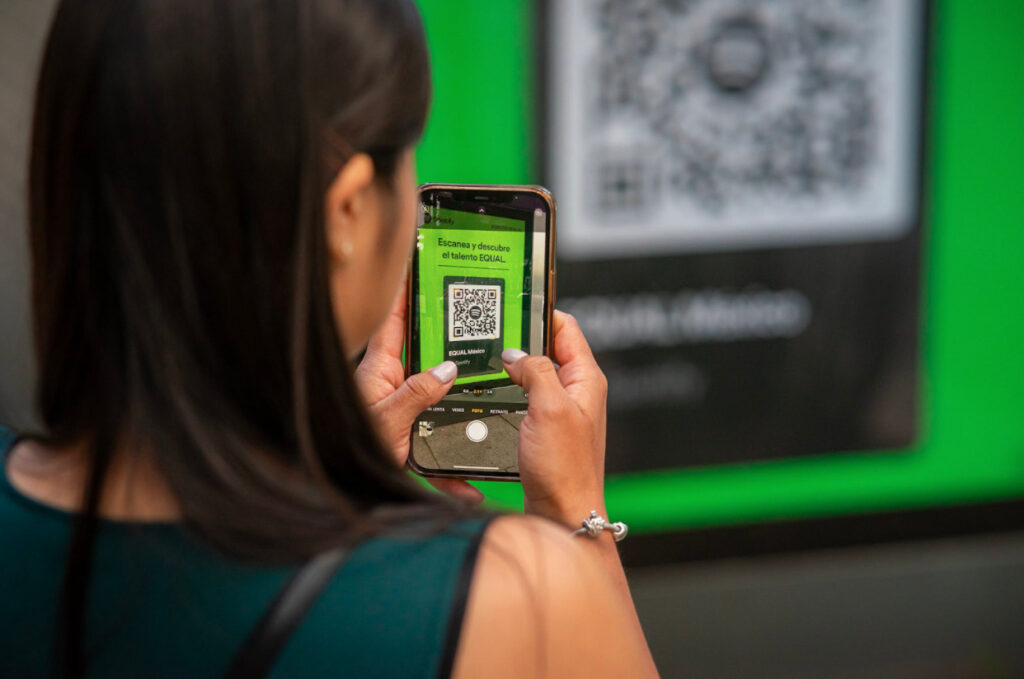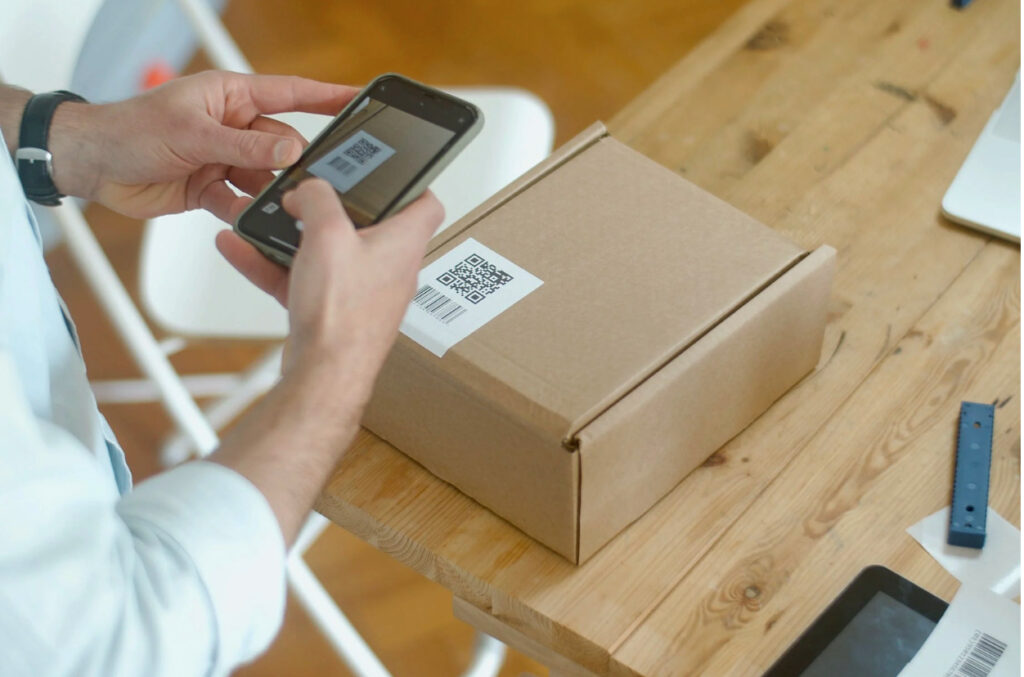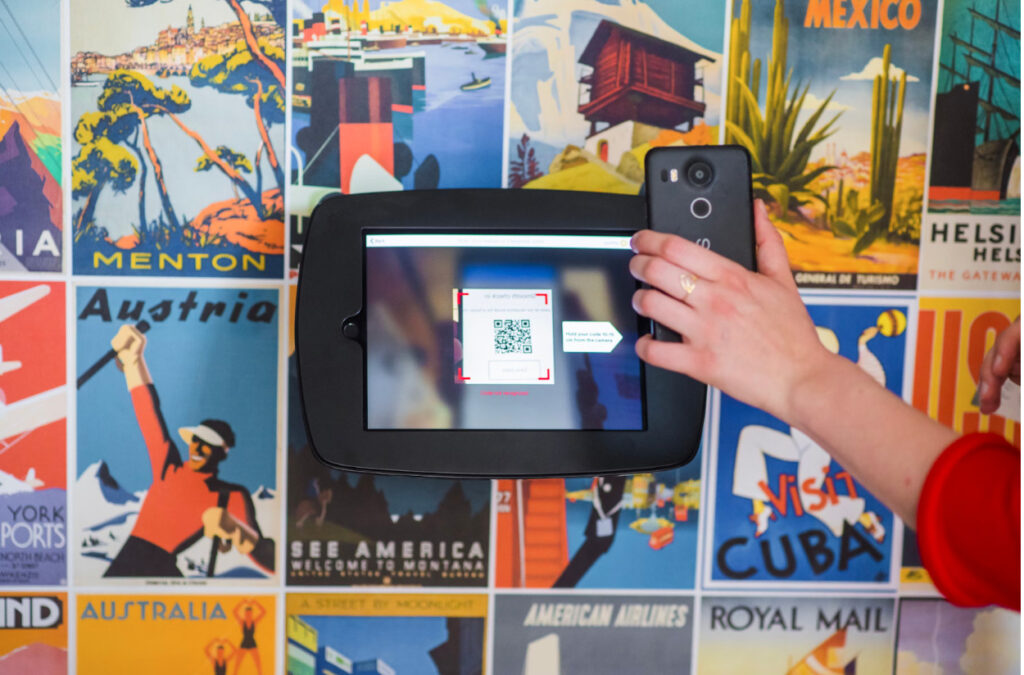In this article we will discuss if QR codes are the perfect business tech?
Quick response (QR) codes are nothing new. In fact, the first QR codes were developed way back in 1994. But the widespread use of QR codes in business is a lot more recent, and can largely be traced back to the pandemic. Now, QR codes are standard fare across everything from restaurant menus to bus shelter posters. And, these may be one of the best types of tech that modern businesses can make use of.
Obviously, a QR code is only ever as strong as the materials behind it, so getting this right also means perfecting your website, social accounts, or whatever else your QR codes lead to. That’s the hard part. But, once you’ve done that hard work, QR codes themselves are astoundingly simple to get right. But what are the benefits of spending time here, and why exactly is this the top tech for companies to use right now?
# 1 – Cost-Effective Implementation
Technology of all kinds can be incredibly costly for companies, requiring new equipment in some cases, and brand-new programs the majority of the time. As well as leading to upfront costs, this can result in additional expenses for training and so on. That expense can quickly add up. By comparison, QR codes couldn’t be cheaper to implement. In fact, with many platforms now offering QR code creation for free, the biggest expense here is that of a quality printer that can integrate those codes into all of your marketing materials and packaging for you.
Of course, you will also need to set aside some of your budget to improve the quality of whatever platform your QR codes lead to. Overall, though, the expense of QRs will be a drop in the ocean compared with what you would spend on almost any other kind of tech.
# 2 – Interactive Engagement
47% of people have increased their usage of QR codes since the pandemic. Furthermore, consumers who interact with your QR codes are making an active decision to pursue whatever that code might lead to. The result? A more interactive relationship that puts the consumer in charge rather than forcing your new tech upon them. This is fantastic news, as it significantly increases your chances of appealing to the right audience base without necessarily having to put in a great deal of legwork.
QR code interactivity is also invaluable as it engages your offline audience with your online material in a way that keeps everyone happy. Your consumers are led straight to whatever they want to view without having to search for you, and you’re able to offer that service without needing to actively go out there and find those people like you might with any other kind of offline marketing drive.

# 3 – Trackable Metrics
QR codes can be customised to include tracking information such as your most popular code locations, peak times of usage, and other crucial indicators of success. Of course, most of this is also possible with other kinds of technology, but may require specific expensive software, and people power that chases information rather than having it there on the screen.
As such, you could argue that QR codes are also one of the most affordable ways to track metrics and perfect marketing drives off the back of consumer behaviours. Even better, QR codes are one the only types of tech equipped to help you track the behaviours of your offline customers, too. This can make it easier to perfect not only your online presence (based on things like how many QR visitors convert) but also your physical marketing materials (e.g. the best places to put things like fliers, posters, etc.).
# 4 – Simple Mobile-Friendliness
It’s estimated that there will be around 7.6 billion smartphone users by 2027, and businesses need to appeal to those consumers if they want to succeed. QR codes offer an easy and affordable way to do that by meeting smartphone users where they are. These can be especially cost-effective when placed in ideal locations for smartphone use, such as on public transport or at bus shelters, train stations, etc.
Of course, it’s still vital to invest in things like a mobile responsive website, but the increased appeal of well-placed QR codes for smartphone users should make it relatively easy to see a return on that investment.

# 5 – Improved Inventory Management
There’s now plenty of tech that can help with inventory management, including warehouse trackers, drones, and inventory tracking solutions. But, while they can each make your life easier, all of these can also be costly. What’s more, your QR codes can do a lot of that inventory work for you if you set them up that way.
A well-developed QR code setup can help you to track products throughout your entire supply chain, allowing you to see where your products have been, and where they’re going in real-time. This is especially true if you use QR codes for back-of-house processes, as well as across your marketing materials. QR codes that can be easily scanned by any member of staff can then help you to keep things up to date without the need for expensive new tech or excessive staff training.

Conclusion
QR codes might seem like a small part of your business, but the fact remains that they’re still one of the most valuable tech implementations on offer today. When applied in the right places, QR codes can significantly improve things like your tech spending, your processes, and your customer engagement overall. Not to mention that, with easily accessible metrics and tracking capabilities on hand, QR codes give you a real-time manual on how to improve your processes, your marketing and more.
Of course, how any business uses QR codes will vary, and it’s important to understand exactly how this tech can help your company to thrive. But, whether you choose QR codes for marketing materials, your warehouse management, or both, you can be sure that this is an investment that you won’t regret in a hurry.
If this has been helpful, then please also subscribe to our Youtube channel – Our Technology Planet for more exciting stuff and videos.
Haider Khalid
Latest posts by Haider Khalid (see all)
- 5 Essential Tips for Maintaining Your Vehicle’s Performance - June 20, 2025
- 4 Steps To Manage Your Business More Effectively - June 14, 2025
- The Top 5 Sustainable Practices for Businesses to Implement This Year - June 14, 2025
